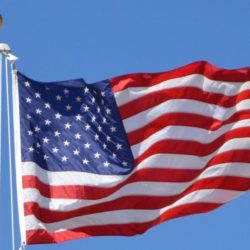
A new study co-authored by UC Davis economics Professor Giovanni Peri and funded by the bipartisan Partnership for a New American Economy found that capping the number of visas issued to foreign-born tech workers limits the number of US-born workers that employers could hire. American tech interests have wanted to increase the number of available H-1B visas or temporary guest worker visas arguing that there is a shortage of qualified US-born applicants. This year, applications for the H-1B visas hit the limit of 85,000 available within five days. However, critics argue that employers prefer temporary guest workers only because they can hire and retain them at lower wages than US-born employees.
The study’s authors noted that because of the limits on H-1B visas, the tech workforce’s growth was hampered and other parts of the economy were affected in turn. The study termed this “H-1B Shock”. Hiring foreign workers helps the tech company grow and the result of this growth is the creation of more domestic jobs. When the companies are unable to secure H-1B visas, the company faces stagnation. For example, San Francisco was unable to create as many as 4,219 prospective jobs for US-born workers. These positions would have become available as temporary foreign workers contribute to both the local and national economy.
Nationally, the study explains that over the past two years visa denials have caused America to miss out on creating upwards of 231,224 tech jobs for American-born employees. Kate Hanson, a spokeswoman for Fwd.us, an issue advocacy group, has stated that the research conducted adds to an “overwhelming body of work that makes the clear case that fixing our broken immigration system and passing reform legislation will boost economic growth, create American jobs and maintain the U.S.’ competitive advantage in a modern, global economy.” While, other experts argue that reform will only suppress temporary foreign workers’ wages and that the tech industry only wants to employ a less costly workforce instead of offering positions to US-born applicants. Further, more than half of the visas granted last year went to offshore outsourcing firms.






